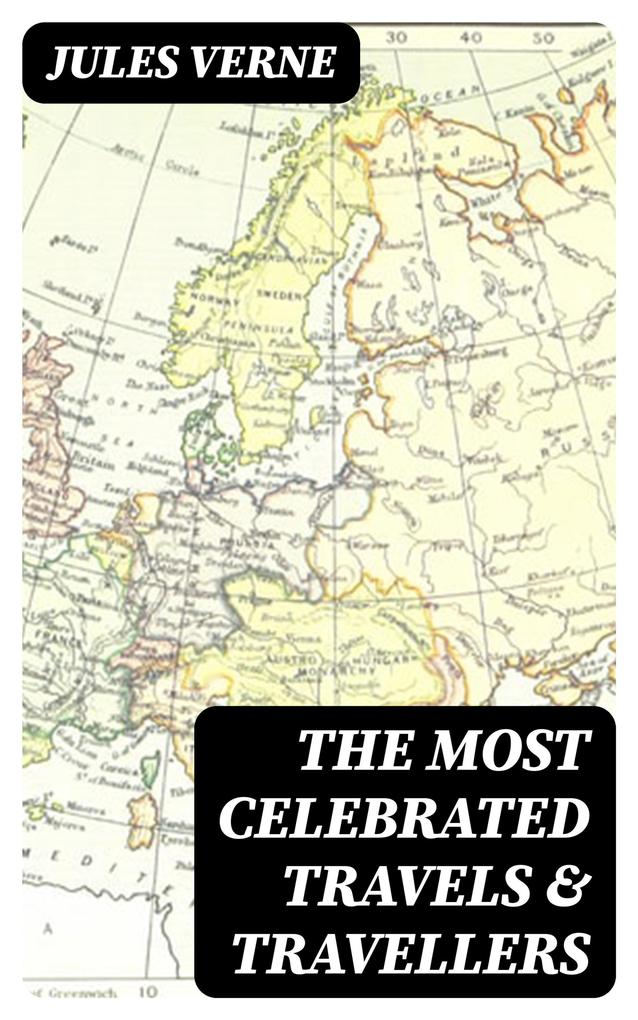Jules Verne (1828-1905), a French novelist, poet, and playwright, is often heralded as a foremost writer in the science fiction genre, with his pioneering works greatly influencing literature and the way people envisaged the future. Born in Nantes, France, to a family of seafarers, Verne cultivated a passion for exploration and adventure early on, which vividly resonates in his literature. Pursuing a law degree in Paris at the behest of his father, Verne instead found himself drawn into the literary circles, deciding to follow his calling as a writer. His collaboration with publisher Pierre-Jules Hetzel led to the creation of the extraordinary 'Voyages Extraordinaires' series, which included classics such as 'Twenty Thousand Leagues Under the Sea,' 'Journey to the Center of the Earth,' and 'Around the World in Eighty Days.' These works distinguished themselves by incorporating meticulous scientific research and imaginative foresight, characteristics which became trademarks of Verne's unique literary style. 'The Most Celebrated Travels & Travellers,' although lesser-known, represents Verne's intrigue with world exploration and the chronicles of those who ventured beyond the known. Verne's adept interweaving of education and entertainment effectively laid the foundation for edifying adventure narratives, inspiring countless readers and writers to consider the boundless possibilities of human imagination and scientific discovery.










